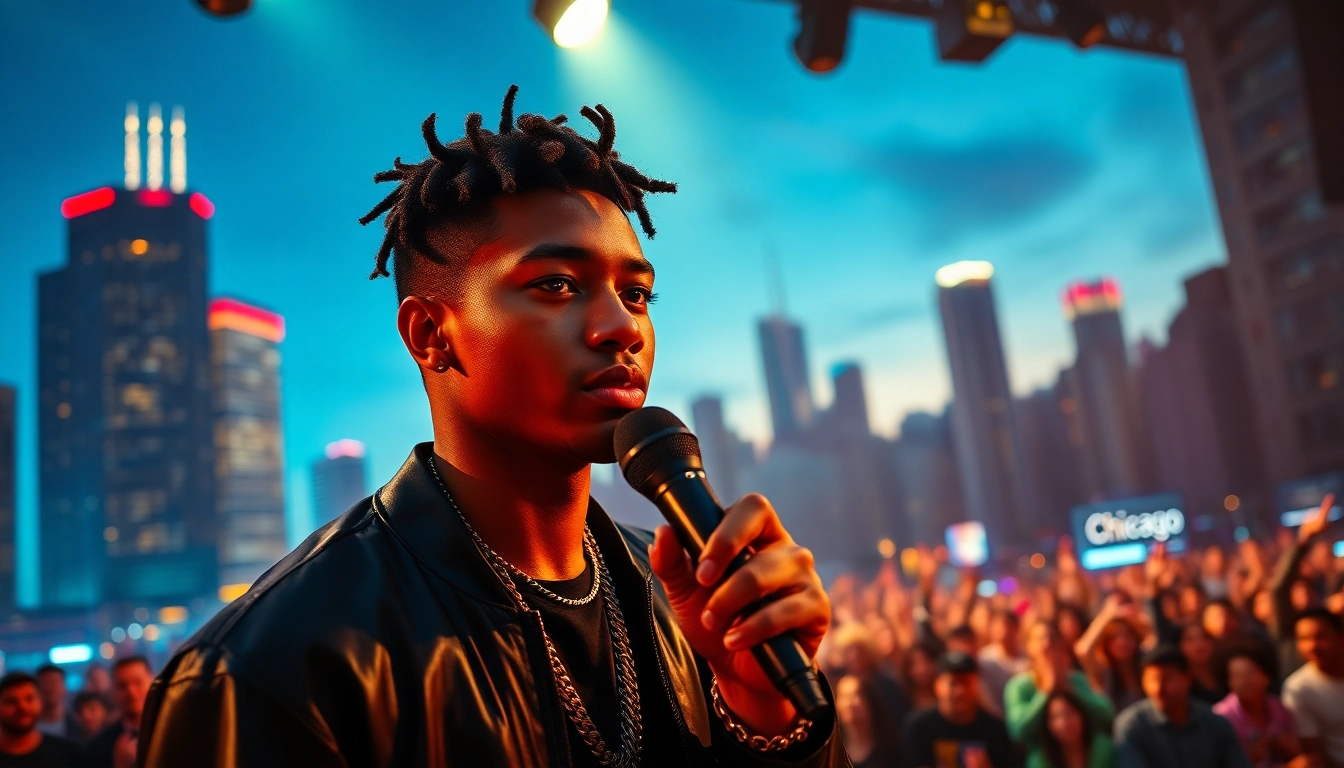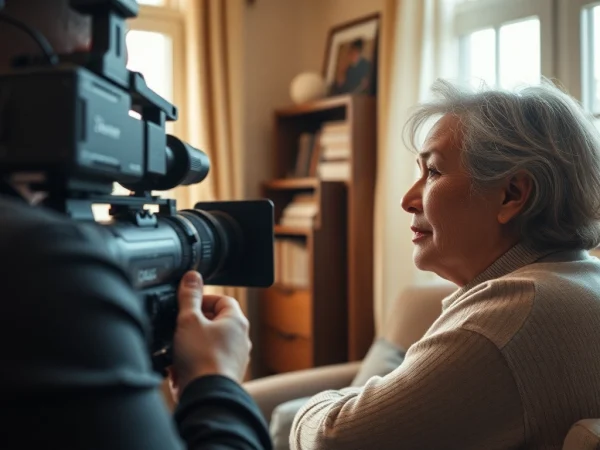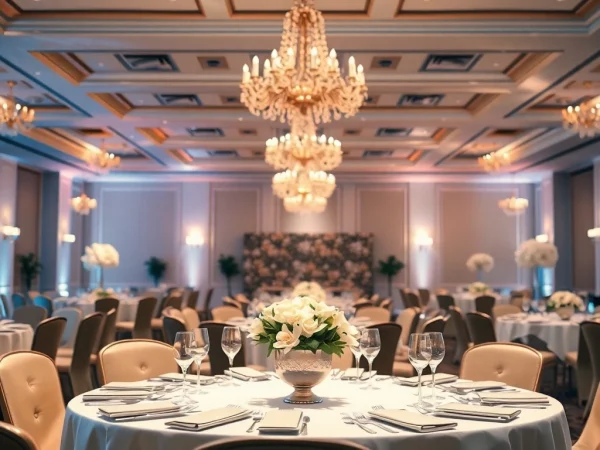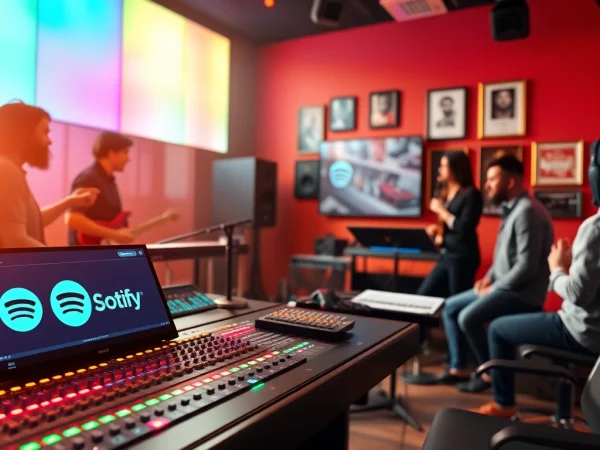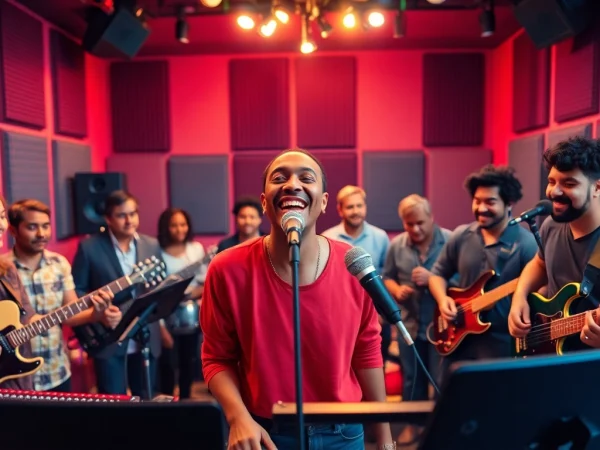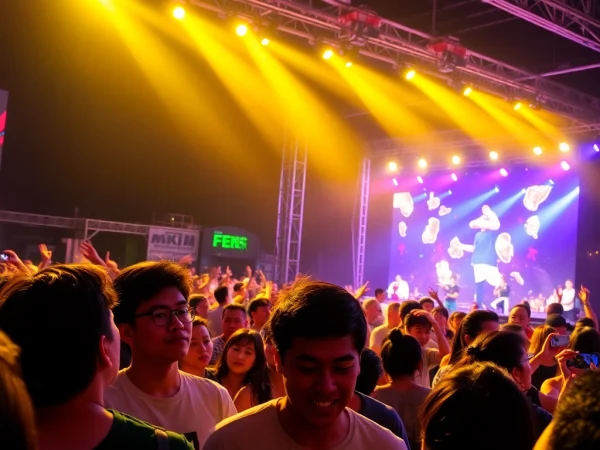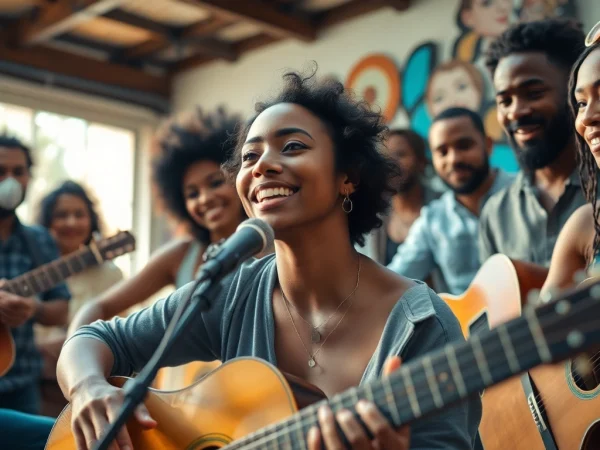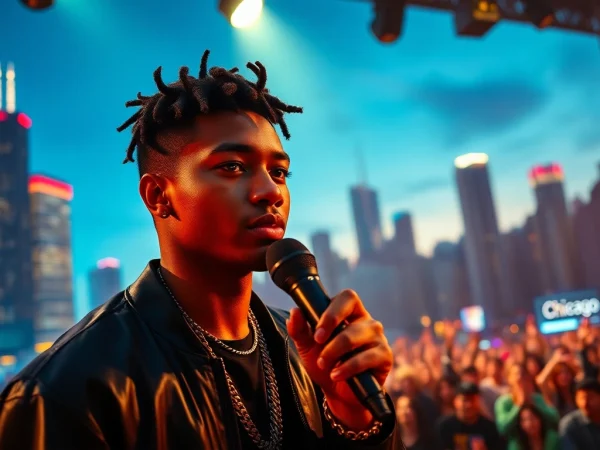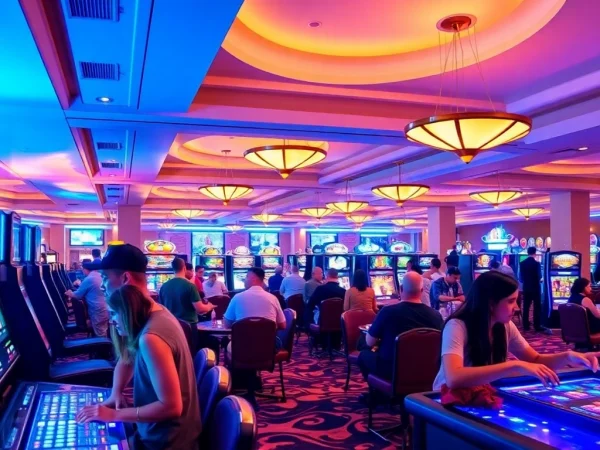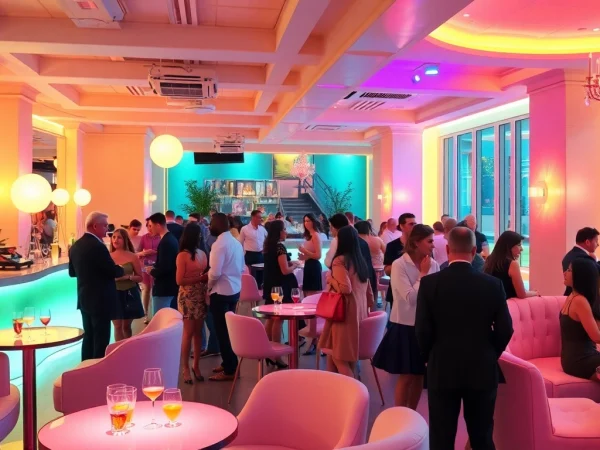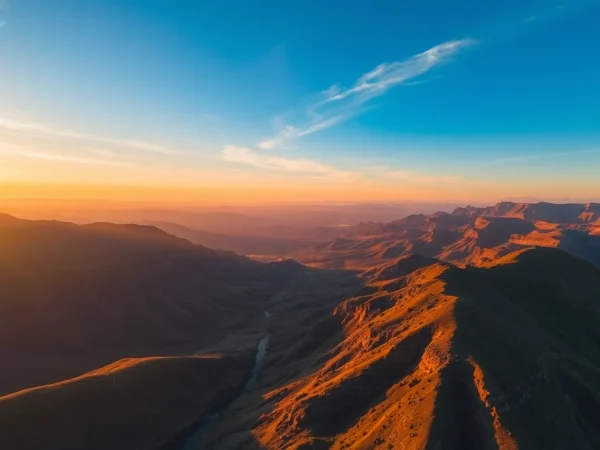Unpacking the Richness of Chicago Rap Lyrics: Culture, Impact, and Iconic Artists
The Evolution of Chicago Rap Lyrics
Chicago rap lyrics have continually evolved as a reflection of the city’s rich cultural tapestry and social realities. From the raw narratives of its storied past to the complex textures of its current scene, the lyrics of Chicago’s rap artists encapsulate a wide range of themes, emotions, and influences. This journey not only showcases the development of a unique style but also highlights the interplay between music, culture, and the lived experiences of its artists. This exploration invites you to delve deeper into the multifaceted world of Chicago rap lyrics as we unpack their evolution and significance.
The Origins of Chicago Rap
The origins of Chicago rap can be traced back to the late 1980s, a period that laid the groundwork for what would eventually burgeon into a distinct genre. Early pioneers like Common and Twista emerged during this time, adopting elements from various influences including jazz, blues, and both East and West Coast hip-hop. Chicago’s diverse musical heritage played a crucial role, merging the traditional sounds of the city with an innovative approach to lyricism and beats. The interplay of these influences not only provided a rich lyrical landscape but also served as social commentary on the conditions of life in Chicago.
Key Influences on Chicago’s Hip-Hop Scene
The Chicago rap scene, being diverse, is informed by numerous cultural influences. Artists have drawn inspiration from the city’s vibrant neighborhoods, historical narratives, and even broader movements within hip-hop. The rise of gangsta rap in the 1990s had a notable impact, shaping the narrative techniques that many Chicago rappers employ today. Furthermore, the influence of house music and gospel can be seen in the rhythmic cadences and emotional depth found in Chicago rap lyrics. This tapestry of sound has fostered a distinctive style that remains engaging and relatable to listeners.
Impact of Culture on Lyrics
Cultural identity significantly influences Chicago rap lyrics. Many artists weave their personal experiences and community narratives into their music, providing a raw and authentic portrayal of city life. This cultural lens is particularly evident in genres such as drill music, which emerged in the early 2010s, reflecting the brutal realities of street violence and systemic oppression. Lyrics often serve not only as artistic expression but also as a means of survival, allowing artists to articulate the struggles faced by their communities while also seeking understanding and connection.
Understanding Chicago’s Drill Music Phenomenon
The emergence of drill music marked a significant shift in the Chicago rap landscape. This subgenre, characterized by its dark, aggressive beats and haunting lyrics, has captured both national and international attention. Artists from the genre have not just become popular for their sound, but also for the poignant social commentary embedded within their lyrics.
What is Drill Music?
Drill music is a subgenre of hip-hop that originated from Chicago’s South Side in the early 2010s, mainly associated with artists like Chief Keef, Lil Durk, and King Von. It is known for its gritty, somber beats, and lyrics often drawn from the harsh realities of life on the streets. The music serves as both entertainment and a raw narrative of violence, survival, and the socio-political landscape that influences the lives of many young individuals in the city.
Notable Drill Artists and Their Lyrics
Artists such as Chief Keef, whose track “I Don’t Like” became an anthem for the genre, exemplified how drill lyrics could resonate with audiences far beyond Chicago. His lyrics often convey themes of authenticity, identity, and the struggles faced in the inner city. Similarly, King Von‘s storytelling approach in songs like “Crazy Story” provides listeners with an immersive experience that reflects the complexities and dangers of street life. These narratives not only showcase personal struggles but also create a collective memory for those listening.
Social Commentary in Drill Lyrics
While drill music is often associated with violence, it offers a critical lens through which to understand the socio-economic issues affecting Chicago’s communities. Lyrics frequently discuss systemic failures, violence, and a sense of hopelessness, inviting listeners to confront uncomfortable truths. Moreover, these songs can serve as platforms for discussing broader themes of resilience, community, and the quest for identity amidst chaos.
Celebrating Iconic Chicago Rap Artists
Chicago’s rap landscape is rich with influential artists who have not only shaped their immediate scene but also left an indelible mark on the global hip-hop culture. Each artist brings unique perspectives, narratives, and sounds, contributing to the city’s diverse musical tapestry.
Kanye West: Love Letters to Chicago
Kanye West is often hailed as a revolutionary figure in hip-hop, and his love for Chicago is a recurring theme throughout his discography. Tracks like “Homecoming” and “Chicago” exemplify how he celebrates his roots, intertwining his personal growth with the history of the city. His lyrics paint a picture of nostalgia and pride, showcasing the city as both a backdrop and a character in his musical storytelling.
Chance the Rapper: Positive Impact in Lyrics
Similarly, Chance the Rapper has emerged as not only a formidable artist but also a community advocate. His lyrics often convey a message of hope, faith, and resilience. Songs like “No Problem” exude positivity and encourage empowerment, setting a tone that contrasts with some of the harsher narratives found in other genres. Chance’s ability to blend social commentary with uplifting messages amplifies his impact, making him a beloved figure within and beyond Chicago.
Lil Durk: From Struggles to Success in Lyrics
Lil Durk’s journey reflects the broader narrative of Chicago rap. His lyrics navigate themes of struggle and perseverance, often recounting his experiences in a way that resonates deeply with listeners. Songs like “Laugh Now Cry Later” showcase his growth, depicting a transition from street life to mainstream success. Durk’s honesty not only captivates his audience but also highlights a critical journey of redemption and survival.
Analyzing the Themes in Chicago Rap Lyrics
Thematic analysis of Chicago rap lyrics reveals a treasure trove of human experience, reflecting deep cultural truths, aspirations, and challenges. The intersection of personal and collective struggles is prevalent, offering insight into the hearts and minds of the artists and their communities.
Violence and Survival
One of the most profound themes in Chicago rap is violence, often depicted as an integral aspect of the artists’ realities. Lyrics address the pervasive nature of violence, detailing its impact on both personal life and community structures. For many artists, storytelling becomes a means of coping and making sense of chaotic environments. This survival narrative, while uncomfortable, serves as an authentic representation of life in many Chicago neighborhoods.
Cultural Identity and Pride in Lyrics
Artists from Chicago often emphasize cultural pride, weaving it into their lyrics as a statement of identity. They celebrate their individuality and community heritage, portraying a strong sense of belonging. Through references to landmarks, local slang, and shared experiences, rappers communicate a narrative of resilience and defiance that resonates deeply with their audience.
Romanticism and Relationships in Lyrics
While Chicago rap is often characterized by its focus on struggles, many artists explore themes of love and relationships. Lyrics discussing romantic encounters or family dynamics provide depth, introducing vulnerability into their narratives. This emotional exploration adds complexity to their personas, revealing the human side of artists often associated with a gritty image.
How to Connect with Chicago Rap Lyrics Today
Connecting with Chicago rap lyrics today is more accessible than ever, thanks to modern technology and the global popularity of hip-hop. As the genre continues to evolve, enthusiasts and newcomers alike can engage with the lyrical landscape through multiple platforms.
Finding the Best Chicago Rap Songs
With the explosion of streaming services, discovering the best Chicago rap songs has become effortless. Playlists curated by fans and professionals highlight the works of legendary artists and up-and-coming talent. Exploring platforms like Spotify or Apple Music can introduce listeners to various sounds, styles, and lyrical themes found within Chicago’s rap scene.
Engaging with the Community Through Lyrics
Engagement with the Chicago rap community can occur through social media platforms, local shows, and discussion forums. Fans often share insights and interpretations of lyrics, creating discussions that further enhance appreciation for the genre. Participating in these conversations allows individuals to connect with others who share similar interests and experiences.
Participating in Chicago Rap Culture
Finally, immersing oneself in Chicago rap culture through attending local performances, art events, or rap battles can deepen the understanding of the music and its cultural context. Creating music or writing poetry inspired by the genre can also be a fulfilling way to contribute to its evolving narrative. Engaging creatively not only honors the art form but also nurtures a personal connection to its rich landscape.
